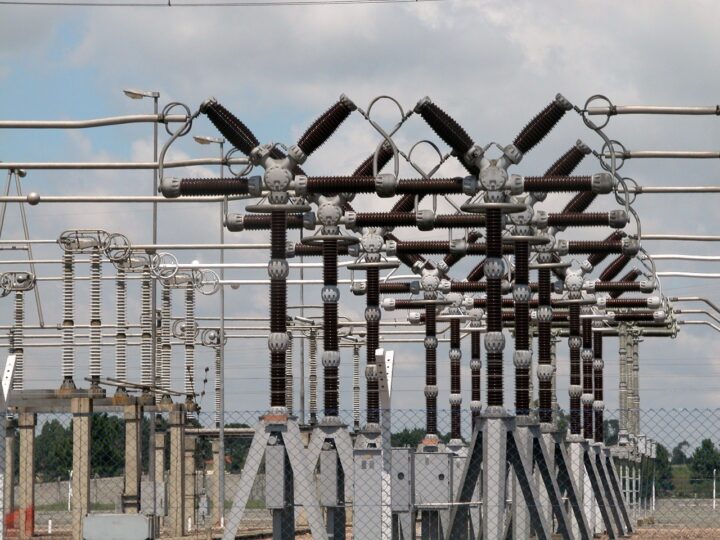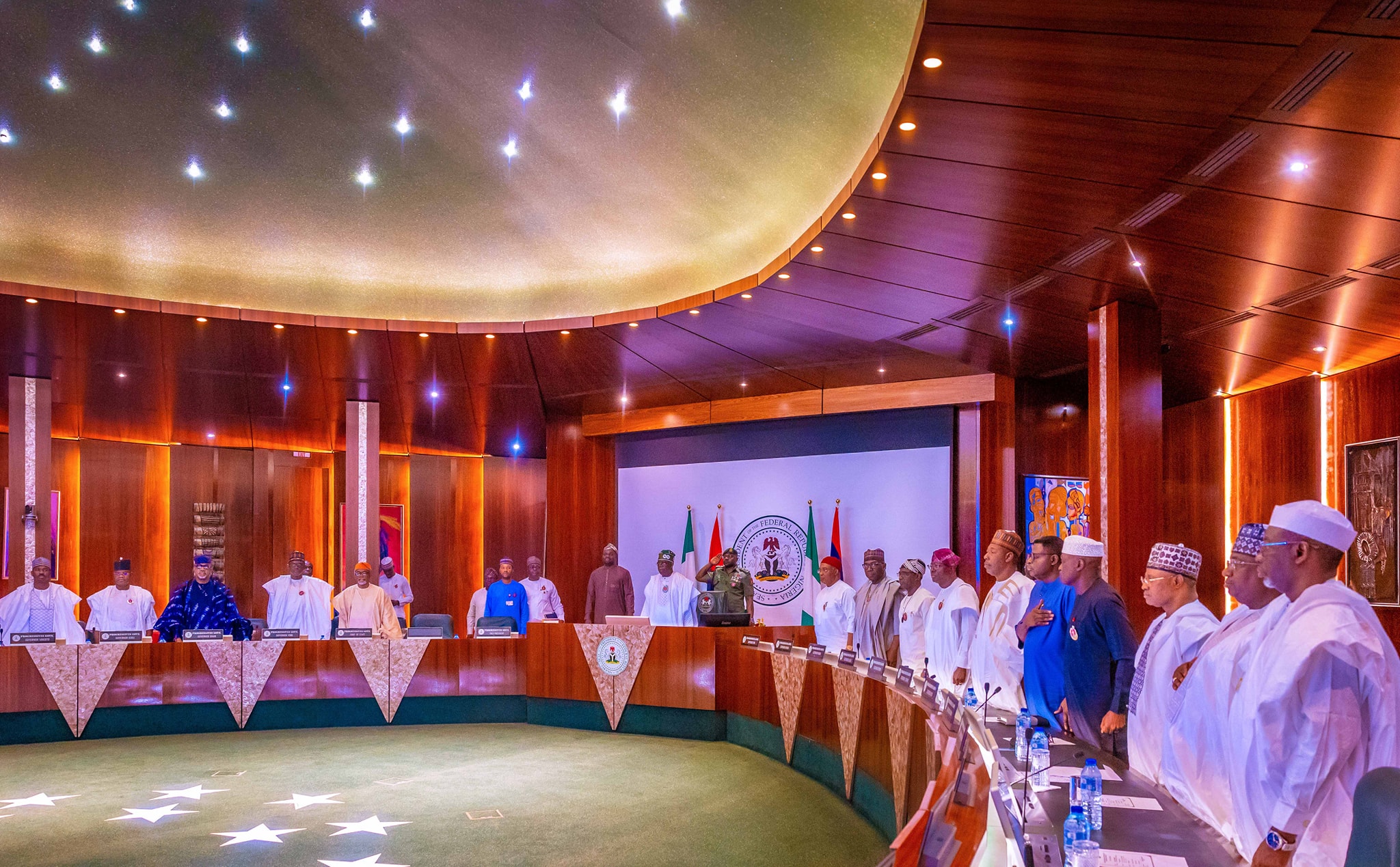A lot has been said and written about how critical the power sector is to the economic development of any country, yet Nigeria continues to falter in getting this critical sector of our economy right. The power sector is important because of its strategic importance to other sectors of the economy which all depend on power supply and getting our power sector right can trigger several multiplier effects that can result in a massive increase in the country’s GDP within the short to medium term.
To put the dire situation of the power supply shortfall in Nigeria into proper perspective, the total power generation in the country as of today stands at only 14,000 MW but our national grid is barely able to transmit 4,000 MW without collapsing thus a country of over 210 million people have to contend with just 4,000 MW of electricity supply daily.
By contrast, South Africa which has a smaller economy than ours albeit with a much bigger industrial sector generates and transmits 58,000 MW of electricity daily to its population of 60 million people and even with this huge capacity they still can’t meet the electricity demand in their country.
Suppose we are to benchmark Nigeria with South Africa based on the ratio of power generation to their population. In that case, we will need to be generating and transmitting at least 200,000 MW of electricity daily to be at par with them in terms of power supply, yet we are still grappling with a mere 4,000 MW daily output. While this figure looks abysmally low, it does indicate that there is a huge potential for investments in the sector given the right incentives.
Advertisement
One begins to wonder why investors are not taking advantage of this huge shortfall in power supply to invest in the sector and bridge the supply gap in the country. The simple answer is that investors will not put their money into ventures where there are no guarantees of reasonable returns on their investment and if we are serious about attracting investors into our power sector, we have to provide incentives that will make it profitable for them.
Contrary to the misconception in some quarters that electricity supply should be a government service and distributed to people cheaply, the reality is that “government has no business in doing business” and the private sector is best equipped to handle our power sector as is done all over the world while government should be left to play a regulatory role.
Going back to the huge supply gap in the power sector, some of us will recollect that as of 2001 when the telecoms sector in Nigeria was revolutionized with the entrance of the GSM operators, Nigeria had just over 400,000 active telephone lines but today we have well over 300 million connected telephone lines in the country of which about 250 million of them are active.
Advertisement
The question emerges; How were we able to move from a paltry 400,000 active lines in 2001 to over 300 million connected lines in just 22 years? What lessons can we learn from it and apply to the power sector to achieve a similar growth trajectory? The answers to these questions will reveal to us what we need to do to get our power sector right.
The simple answer to the questions above is that the regulatory framework for the telecoms sector was business-friendly and accommodated profitable investments. As a result of this investors were encouraged to invest massively in the sector and subsequently invested over $75 billion in the telecoms industry to make Nigeria one of the countries with the highest teledensity in the world.
How then do we incentivize investors to invest heavily in the power sector to achieve the kind of results achieved in the telecoms sector? My suggestion is that the government should roll out a list of incentives as a policy document to encourage investments in the power sector and make it more profitable for investors.
These incentives should be for a minimum of ten years and backed by legislation to make it irreversible by subsequent administrations. The incentives should include tax holidays for new investors in the sector while existing investors should be given tax credits based on the value of additional investments that they make in the industry. Zero duty should be charged on all power generation, transmission, and distribution equipment imported into the country while the cost of gas used for power generation should be heavily subsidized within this ten-year framework.
Advertisement
Subsidizing the power sector should not be confused with subsidizing petrol. While the former is targeted at subsidizing production which has a lot of multiplier effects on the economy, subsidy on petrol is subsidizing consumption which is merely an indulgence.
Having done everything possible on the side of the government to help reduce operational costs in the power sector, the government must also allow the power companies to charge a cost-reflective tariff without neglecting their duty of regulating the tariffs to prevent the power companies from exploiting their customers.
We must also revisit the costly and inefficient national grid system and instead allow for mini-grids on a state-by-state level while the government completely backs out of owning the grid system and allows the more efficient private operators to own and manage them. This will encourage a lot more investors into the power sector and allow for captive power plants.
Having ensured increased profitability for investors in the sector through, tax holidays, zero duty, subsidies, cost-reflective tariffs and an investor-friendly regulatory framework, we can be rest assured that investors will come rushing in with tens of billions of dollars to take advantage of the incentives and in the process, we can repeat the magic that resulted in the exponential growth in the telecoms sector.
Advertisement
Oshobi, a development economist and management consultant writes from Lagos.
Advertisement
Views expressed by contributors are strictly personal and not of TheCable.







